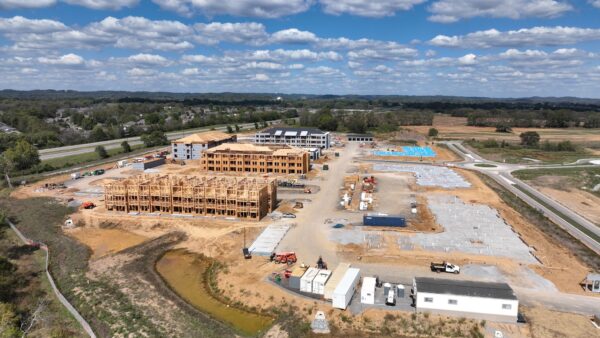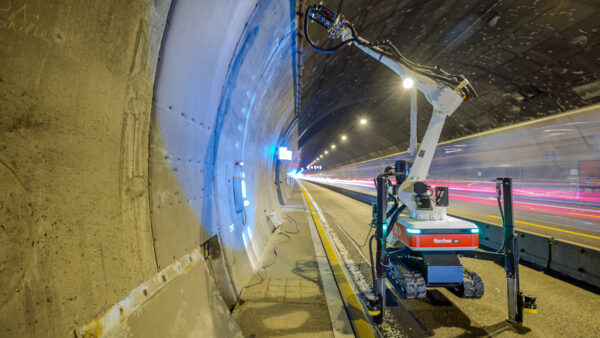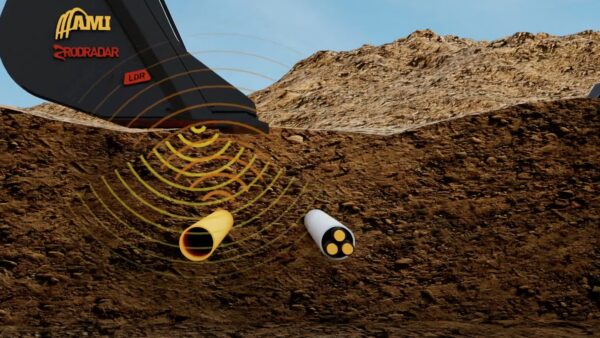
Europe’s construction industry is globally respected for its engineering excellence and sustainability leadership, but it often struggles to convert innovation into scalable commercial success.
Technologies like modular timber-hybrid systems, AI-powered analytics, and digital prefabrication platforms exist across the continent, but they tend to get stuck in regional pilots and fragmented deployment.
Regulatory complexity, risk-averse procurement, and long sales cycles hinder the take-up of perfectly sensible innovations.
Corporate spinoffs and joint ventures promise the world but, in Europe, they’re often undercapitalised and, as a result, ignored.
It’s different in Saudi Arabia
We’ve heard about the giga projects like Neom, the Red Sea Project, and Diriyah Gate as the kingdom spends hundreds of billions in an effort to create a brand new, modern economy from scratch.
We hear less about how hungry Saudi programme leaders are for innovative approaches to building the new cities and infrastructure.
They’re eager for efficient, digitised, and sustainable solutions, and European innovators are finding a warm welcome there.
Here are three examples.
1. Modular finds a home
Austria’s Rhomberg Group spun out Cree GmbH to commercialise its hybrid timber modular construction technology. While technically advanced and environmentally sound, regulatory fragmentation and long, cautious procurement processes put a drag on its European expansion.
In 2023, Portuguese contractor Casais became a shareholder in Cree, as reported by industrial magazine Solid, and saw the opportunity to scale the technology beyond Europe.
This year, Casais partnered with Saudi Arabia’s Nahaz Investment Group to form Casais Entirez, a joint venture delivering modular, sustainable buildings aligned with Vision 2030 priorities, as Portuguese magazine Eco reported.
It’s early days, but it demonstrates how a European innovation can get the kind of head start that can be so elusive at home when embedded in a Saudi JV structure.
2. We need robots
Last December, as GCR reported, the Neom Investment Fund took a stake in Denmark’s GMT Robotics to automate rebar cage assembly, one of the hardest and most physically damaging jobs in construction.
GMT’s robotic systems enable high-precision, off-site fabrication, reducing on-site labour by up to 90% and improving safety and speed. Saudi Arabia’s stated goal is to set new global benchmarks in industrialised construction.
The collaboration shows that while European-grown technology is seen as a nice-to-have at home, it’s a need-to-have in Saudi Arabia.
3. Cranes made here
In early 2024, German tower crane manufacturer Wolffkran formed a joint venture with Saudi Arabia’s Zamil Group, a prominent investment holding company, to build a factory in Riyadh to make a fleet of 300 cranes to support the national construction bonanza.
Wolffkran was already present in the Middle East, but this JV widened its footprint and scaled operations on the back of Saudi Arabia’s ambition to localise production.
Why spinoffs and JVs work
These instances show what happens when European innovation meets Saudi ambition.
When thoughtfully executed, spinoffs and JVs offer operational autonomy with corporate backing, shared investment and risk, and long-term scalability.
For frustrated European firms, they bring clarity and commercial momentum that’s missing at home.
If this interests you, my advice is to reflect on Saudi priorities – off-site construction, housing, automation, and digital infrastructure – and tailor your thinking to them.
Note that spinoffs and JVs should lead their own customer relationships, market strategies, and organisational structure. Parent firms must support without dominating.
Culturally, partnerships must balance startup agility with corporate discipline, and be able to combine international expertise with local knowledge. Alignment of values and execution timelines is critical.
Saudi Arabia is not just building cities, it’s redefining how infrastructure is delivered. European construction innovators should see it as a place to test, validate, and scale.
- Vladimir Vlahovic is a civil engineer and the founder of Solventry GmbH, a Vienna-based consultancy specialising in building construction spinoffs and joint ventures






